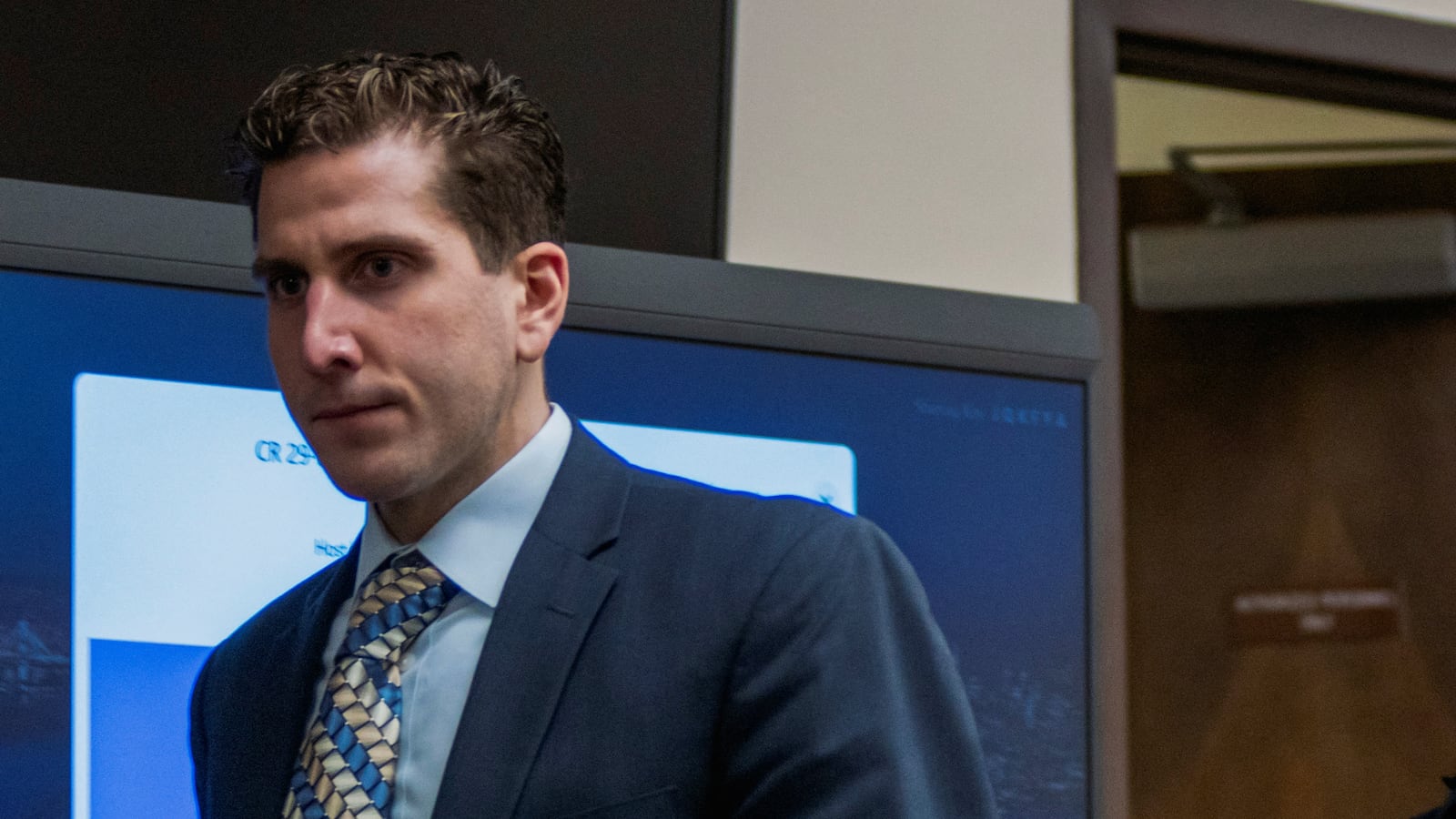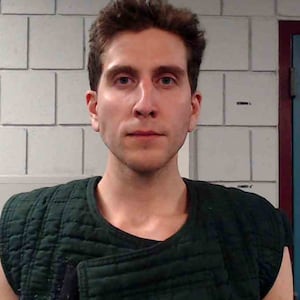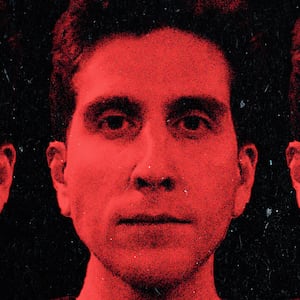Bryan Kohberger lost a long-shot bid to get the murder case against him totally dismissed on Thursday, with a judge calling his defense team’s arguments “creative,” but ultimately unconvincing.
Kohberger, 28, faces four counts of murder and one count of felony burglary in connection to the November stabbing deaths of four University of Idaho students. He was arrested late the next month, and had a not guilty plea entered on his behalf in May after he chose to stand silent. He waived his right to a speedy trial in August, indefinitely deferring a trial that otherwise would have started on Oct. 2.
The former criminology student returned to court on Thursday for two hearings on separate motions to dismiss filed in August by his legal team, who cited grand jury bias, inadmissible and insufficient evidence, and prosecutorial misconduct “by withholding exculpatory evidence.”
The first hearing earlier in the day was held behind closed doors, and it was unclear how the judge ruled on the defense’s arguments surrounding “several alleged legal flaws related to the grand jury indictment,” according to The Lawton Constitution.
Then, in a 40-minute hearing on Thursday afternoon, Kohberger’s attorneys tried a new tactic, asking the court to throw the indictment out or remand the case back to a preliminary hearing. They argued that the grand jury was misled, having been told to find “sufficient probable cause” for an indictment. Instead, they said, the higher burden of proof known as “beyond a reasonable doubt” should have been used as the threshold for the indictment.
Judge John Judge said that precedent suggested otherwise, with the Idaho Supreme Court having repeatedly upheld the lesser standard of proof for grand juries over the past century. “I appreciate the argument. I think it’s really creative and I appreciate the journey back through history,” Judge said, according to The Constitution.
The judge also made a surprise ruling to continue to allow cameras into the courtroom, a move that has been opposed by both Kohberger’s attorneys and the prosecution. Members of the media and at least two of the victims’ families have continued to push for their presence.
In a statement to the Idaho Statesman, an attorney representing the family of victim Kaylee Goncalves insisted that it was “vitally important that the trial be viewed publicly! It is important to the victims’ family, relatives, community members and the public that this veil of secrecy be lifted at trial.”
“This not only ensures accountability for all the parties involved,” the statement continued, “but also helps the public maintain its faith in the justice system!”
On Thursday, according to the Statesman, Judge told the court, “I’m not going to ban cameras in the courtroom, but I need more control over what cameras are doing. I know I can only control so much, and that’s why I continue to urge people to be patient and have some dignity and some restraint.”
He did not elaborate on how he plans to exercise “more control” over cameras in the room, but he previously warned members of the media about training their lenses directly on either Kohberger, his lawyers, or the prosecution. “If you do that, you’re probably going to have to leave the courtroom,” he said in September.
Judge acknowledged Thursday that the presence of cameras was “a benefit and also potentially a harm” to fair legal proceedings. “It can tilt a case one way or the other if the media is, well, trying the case in the media,” he explained, according to the Associated Press.
“And we don’t want that because that’s not based on evidence, that’s not based on the rules of the court and it can get out of control.”









